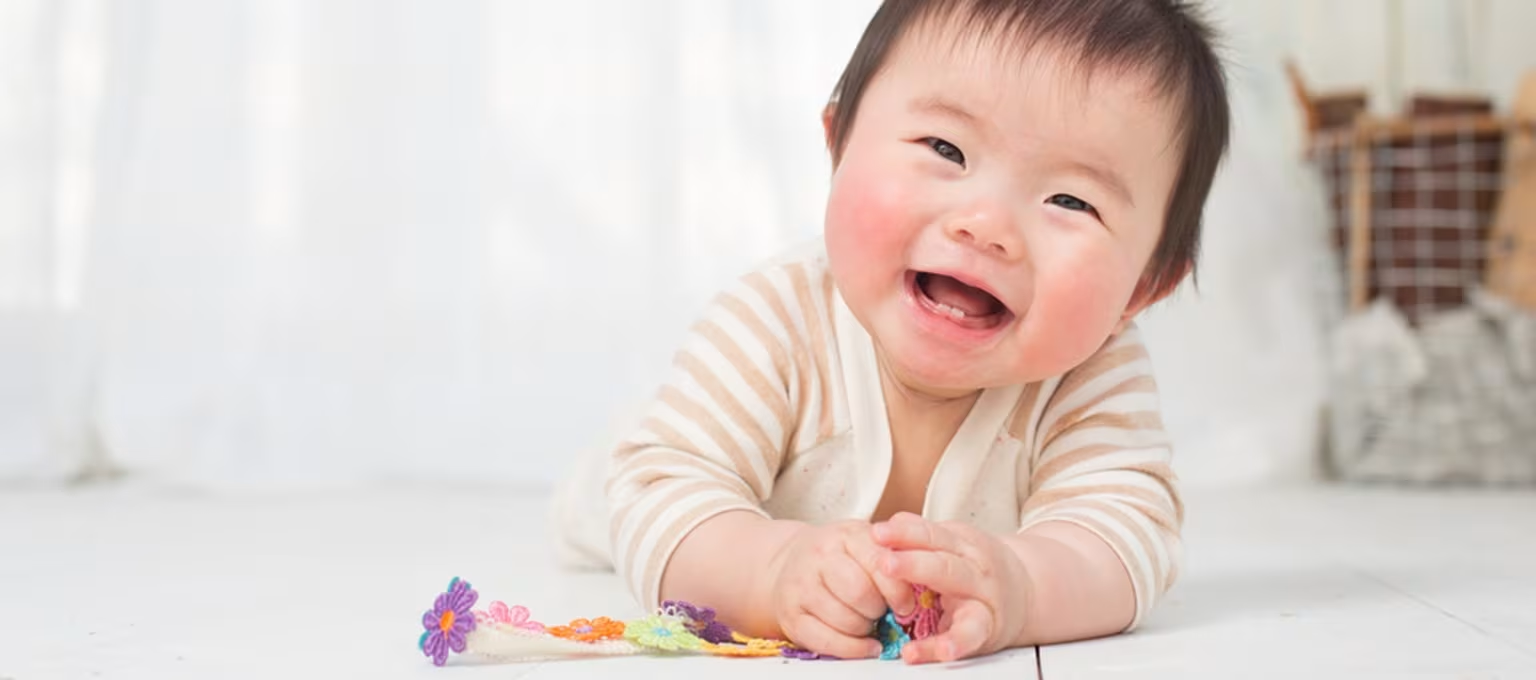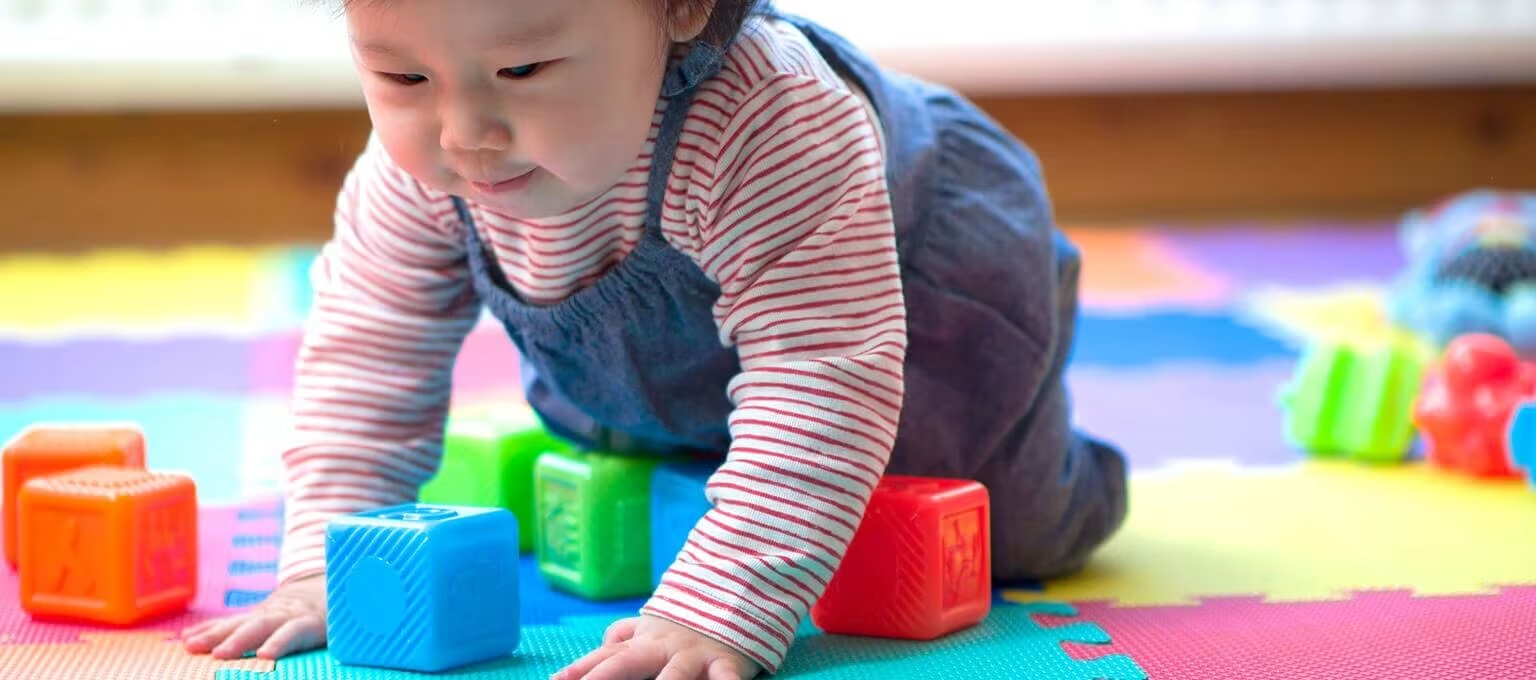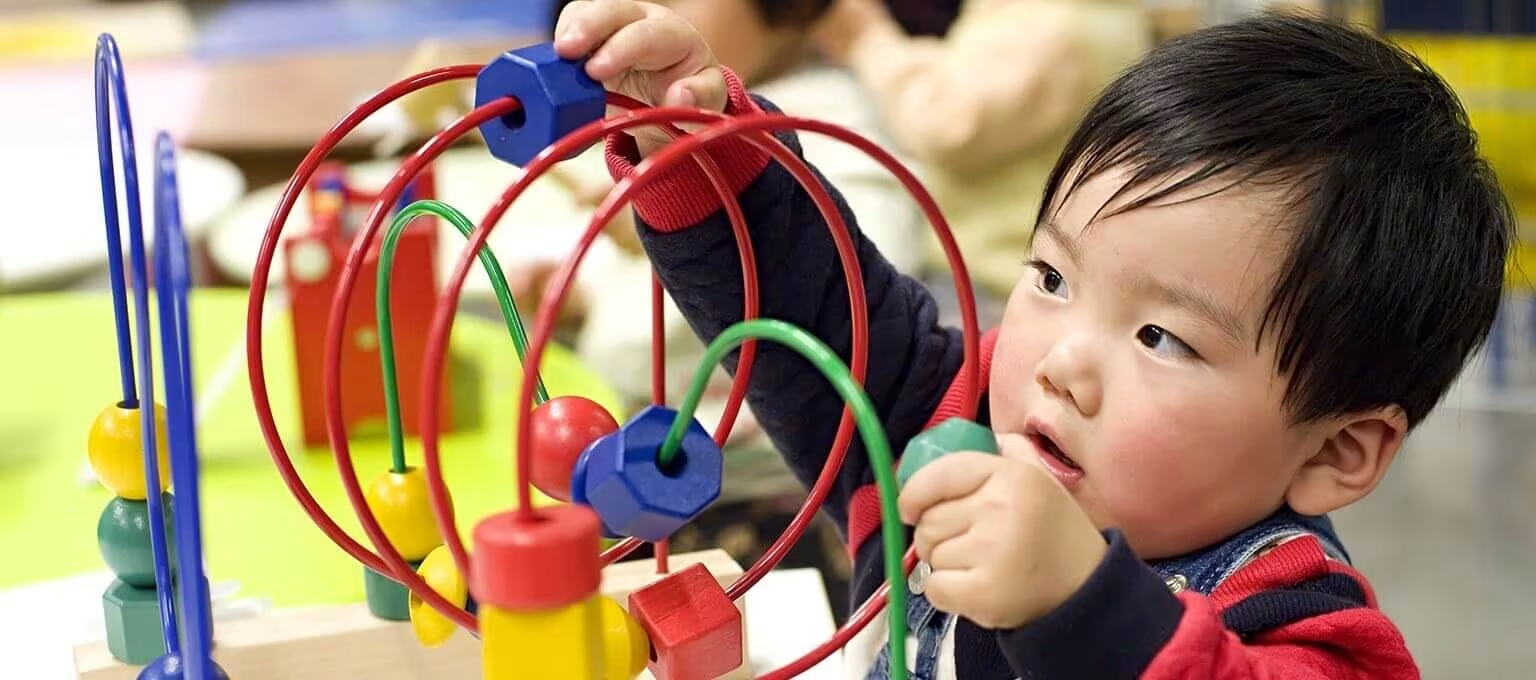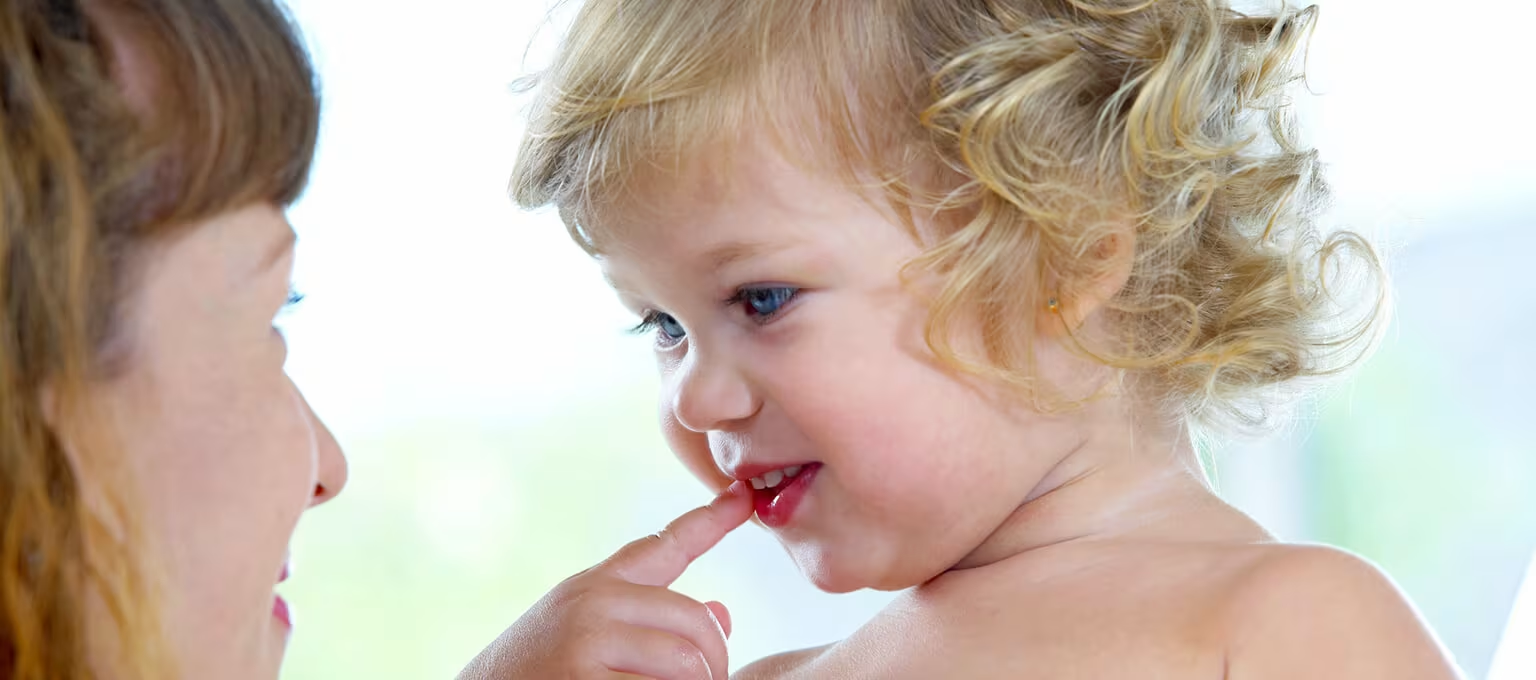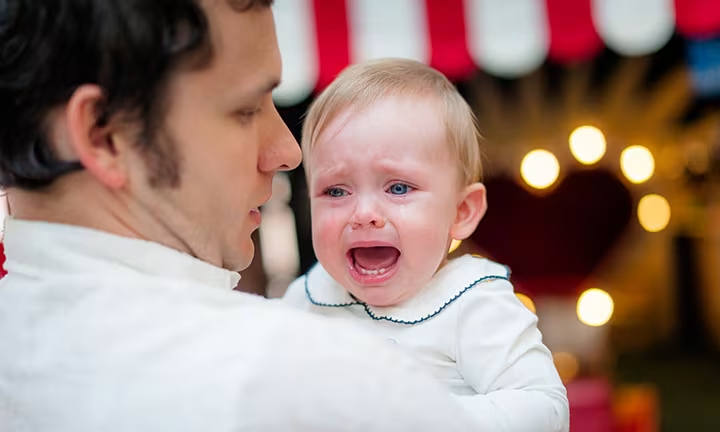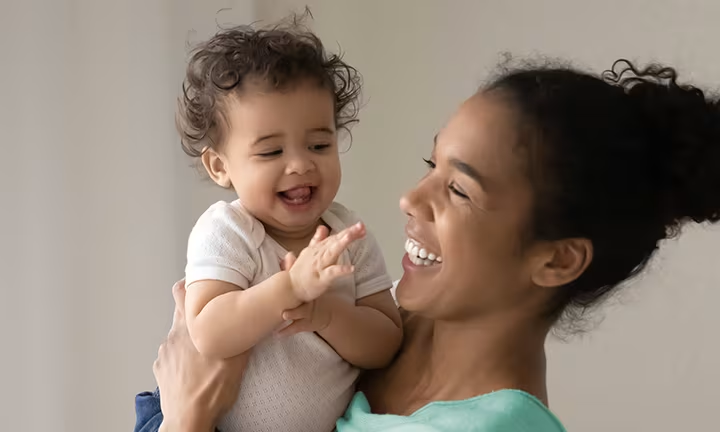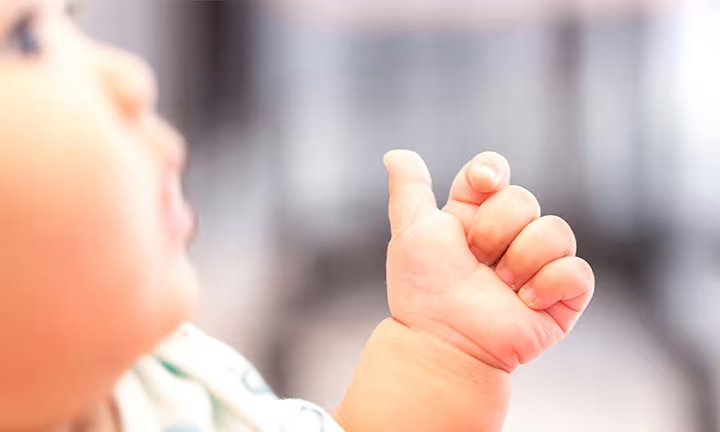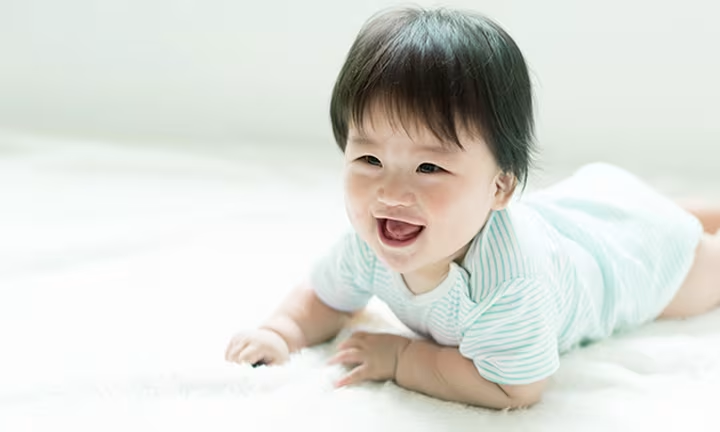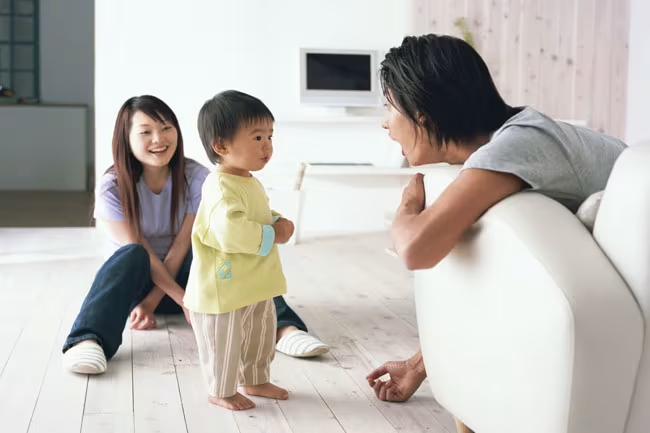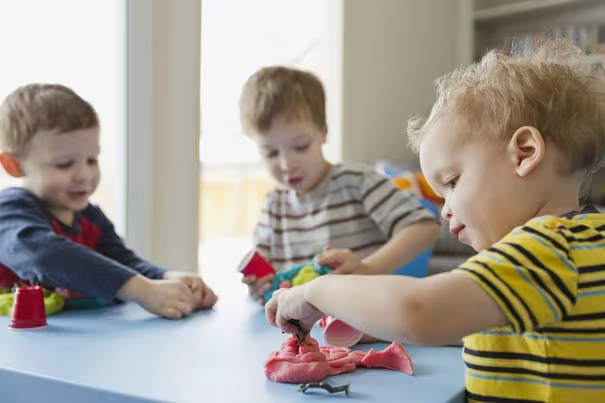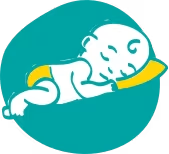
Tips for Reducing Baby Separation Anxiety at Night


Have you noticed that your baby gets separation anxiety at night? If the answer is yes, don't be concerned – it’s a natural part of your baby’s development and a sign that your baby is developing well. If your baby is struggling with separation anxiety at night, we’ve put together insights and advice straight from experts to answer all your questions about separation anxiety in babies, including why babies get separation anxiety, how to help your baby through separation anxiety, and how long separation anxiety lasts in babies.
What is Separation Anxiety in Babies?
Separation anxiety is a common developmental phase where babies and young children become distressed when separated from their primary caregivers, usually their parents. It’s a positive sign that they are developing emotionally, and while tough to witness, is very normal. Separation anxiety in babies often coincides with their understanding of object permanence, which is the concept that people and things continue to exist even when they cannot see them. For example, when your baby is in their crib at night, they understand that you are somewhere else doing something without them. While it can be challenging, for both you and your little one, it's important to remember that separation anxiety is your baby is a natural phase and that there are ways that you can help support your baby through it.
When Do Babies Experience Separation Anxiety?
Babies typically first experience separation anxiety around 6 months to 8 months of age, which is around the time they start to understand object permanence, the concept that objects and people continue to exist even when they are not visible. Simply put, the concept of “out of sight out of mind” no longer exists. Some babies can start to experience it around 4-months-old – just like with all baby developmental milestones, every baby is different. Many experts say that you should expect separation anxiety to start once your baby begins to look for hidden objects. This is a sign they understand that their toy is still there even though they cannot see it. For example, if your baby’s favorite toy is hidden under a blanket and they go to look for it, they likely understand object permanence and separation anxiety could be around the corner.
How long does separation anxiety in babies last?
How long separation anxiety in babies lasts depends on your baby, but sometimes it lasts until they are three years old. However, periods of separation anxiety can be short, around 2-6 weeks (about 1 and a half months). There are times, however, where separation anxiety can peak.
Rest assured, separation anxiety often gradually decreases as your child becomes more secure and independent. It's important to remember that every baby is different, and some may experience separation anxiety for a longer or shorter period.
What Causes Separation Anxiety in Babies at Night?
If your newborn struggles to fall asleep or wakes in the middle of the night, it’s likely because they are hungry or uncomfortable, not because they miss you. At that age, once you’re out of sight, you’re out of mind.
However, when your baby reaches the 6-month-old mark and you put them to sleep, they will understand that when you leave them in their crib you are still nearby, just not in their room. This can cause them to cry out for you or want you to come back.
Separation anxiety can also make for a difficult bedtime because your baby may feel hesitant or nervous to be left alone – this can be made worse if they aren’t tired enough or if their room isn’t the ideal room temperature.
If your baby is struggling with bedtime, or doesn’t want to be left alone at night, take this free 3-minute sleep quiz. The Smart Sleep Coach by Pampers™ app will suggest a personalized plan based on your answers to help you help your baby have an easier time with falling asleep at night. This could include tweaks to the actual time they go to bed or their bedtime routine. The app is built by sleep experts and pediatricians to offer you sleep science-backed advice proven to help with dealing with separation anxiety.
Signs of Separation Anxiety in Babies at Night
If your baby is struggling to fall asleep at night because of separation anxiety, remember it's a normal, temporary part of their developmental growth. Signs of separation anxiety at night may include:
How Do I Help My Baby if They Have Separation Anxiety?
If your baby exhibits any signs of separation anxiety at night, it’s important to keep your bedtime routine consistent and not introduce new habits, such as holding our baby as they fall asleep. If you choose to sleep train your baby, keep implementing your chosen sleep training approach even if your baby is experiencing separation anxiety. This will help them through this developmental milestone and reinforce healthy sleep habits.
Other ways to help your baby if they have separation anxiety include:
FAQs at a Glance
It is normal for babies to have separation anxiety when being separated from their parents or primary caregivers, such as during bedtime. It’s a developmental milestone that’s normal and shows that they are emotionally maturing and now understand the concept of object permanence.
The Bottom Line
Separation anxiety is a natural and important part of your baby’s development. Your baby loves you and misses you when they’re gone, and it can be challenging to see them cry when you leave.
However, reminding yourself that it’s a normal phase can help you support your baby (and yourself) through it. If you have any concerns about your baby’s separation anxiety or overall development, consult your pediatrician for advice.
By maintaining a consistent routine and providing plenty of love, cuddles, and reassurance, and playing games like peek-a-boo, you can help your baby navigate their separation with more confidence and ease.
Start your journey by downloading the Pampers™ Smart Sleep Coach app. It's a true game changer. Developed in collaboration with renowned pediatric sleep experts, this app combines science and technology to support your success with minimal stress. With features like one-click sleep tracking, automatic sleep schedules, and informative articles, this compact app can greatly enhance your baby's sleep in just 7 days.
How We Wrote This Article The information in this article is based on the expert advice found in trusted medical and government sources, such as the American Academy of Pediatrics and the American College of Obstetricians and Gynecologists. You can find a full list of sources used for this article below. The content on this page should not replace professional medical advice. Always consult medical professionals for full diagnosis and treatment.
- CNS Drugs, “Separation anxiety disorder in children and adolescents: epidemiology, diagnosis and management”
- StatPearls Medical Database, “Developmental Stages of Social Emotional Development in Children”
- Infant Behavior and Development, “Factors affecting infants' manual search for occluded objects and the genesis of object permanence”
Read more about Baby
Join a World of Support
through Pregnancy and Parenthood.
TRACK WITH TOOLS
LEARN WITH EXPERTS
GET REWARDED
